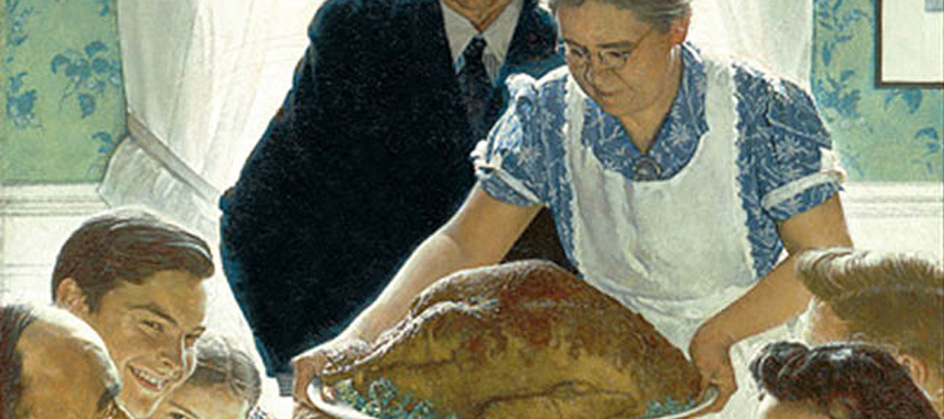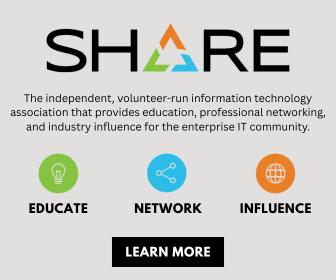Next Thursday, we will sit around a table with people whose political opinions we find heartless or naïve, who don’t binge the same shows as we do (or who don’t even have Netflix), and who think Docker is a brand of pants. And we’ll enjoy ourselves—or at least make a reasonable effort to do so.
We’ll do this because we’ll temporarily place the principle of commonality above our various cherished opinions and prejudices. And our reward for this elevation of principle will be full bellies and the gentle but effective sedation induced by tryptophan.
We call this annual elevation of principle “Thanksgiving.” It’s a distinctively American ritual that echoes a moment from our collective past when others whose differences divided them chose for at least one meal to be undivided.
Can COBOL and Java Pass the Stuffing?
IT organizations, especially at large enterprises, face a similar choice between division and unity. The divide between mainframe and distributed/open-source developers is particularly troubling. The former are the more ancient tribe whose time-tested handiwork runs the world. They value stability and security—which is why they’ve endured, but also why changes to COBOL application logic take longer than they should.
The latter are pilgrims of progress whose values include innovation, speed, and openness. Their culture has become dominant by nimbly adapting to the exigencies of mobile, social, and big analytics. Unfortunately, with success has come a certain hubris—which makes it vulnerable to iffy performance, weak security, and inordinate disdain for its mainframe brethren.
This disunity is bad for the enterprise. Businesses deliver more value to customers and internal decision-makers when they leverage their back-end systems of record in tandem with smart middleware and compelling mobile/web apps.
But that requires the two tribes to act as one. Code divided against itself, as a great Thanksgiving consultant once said, cannot stand. COBOL and Java must sit at the same DevOps table. And soon—because both the looming retirement of mainframe veterans and increasing competitive pressures to become fully Agile make the alternative untenable.
Listen to Your Mother
But let’s be honest. We don’t elevate the principle of commonality over difference because we’re exceptionally spiritual or noble. We do it because Mom insists—and brings her full maternal authority to bear against our childish objections to the presence at the table of guests we find personally unpalatable. Moms rule, whiners drool.
This is a critical lesson for IT leaders. Your mainframe and mobile developers won’t work together because they happen to catch some heartwarming holiday movie on TCM. They‘ll do it because you exercise leadership. And you’ll address their objections with the same clarity of principle and nurturing-but-undeterrable authority as Mom does complaints about your cousin’s crazy second spouse. If you don’t, you will fail—with profound adverse consequences for your business.
We in IT have much to be thankful for. Let’s not ruin it with squabbles that keep us from optimal outcomes. Let’s sit together at the table like a family, so we can avoid sitting on it like the turkey.
Originally published on LinkedIn Pulse.









0 Comments